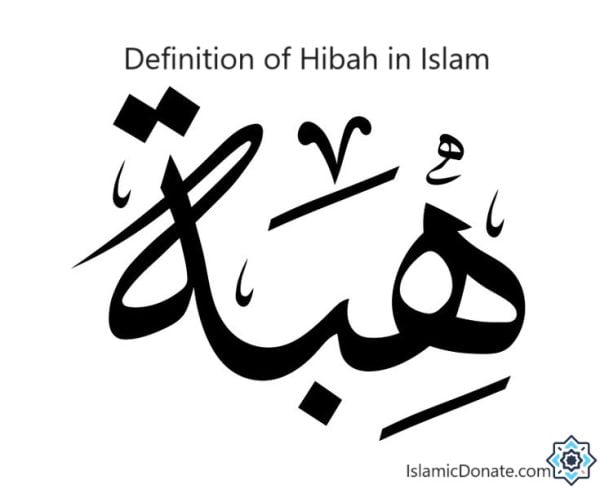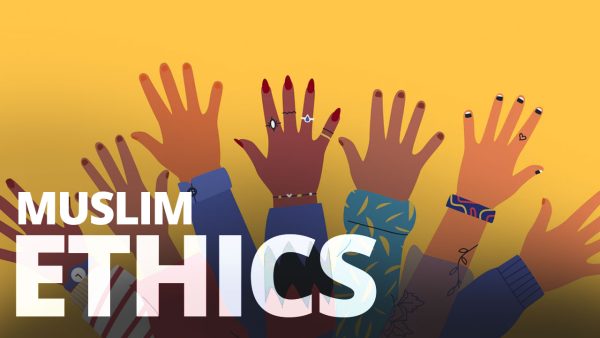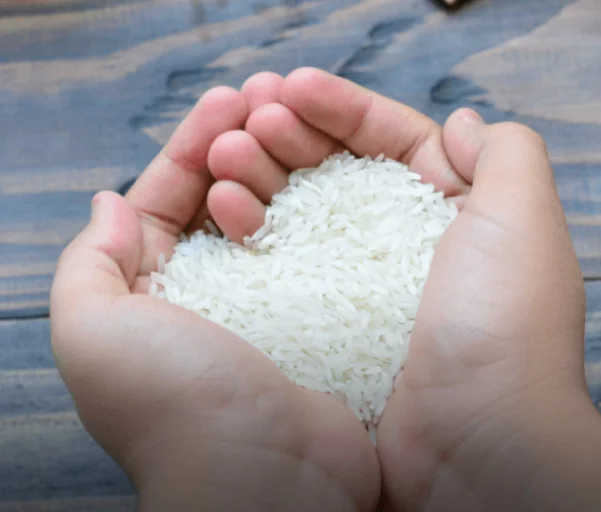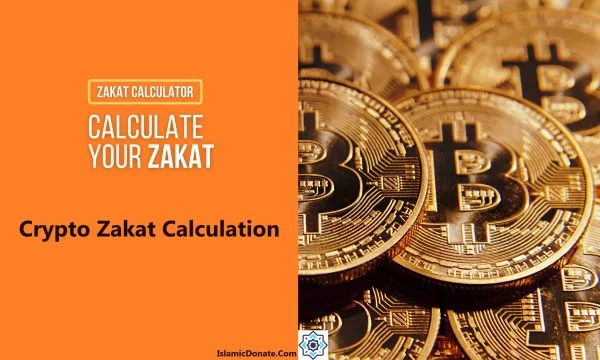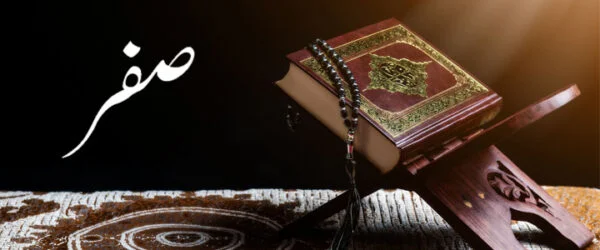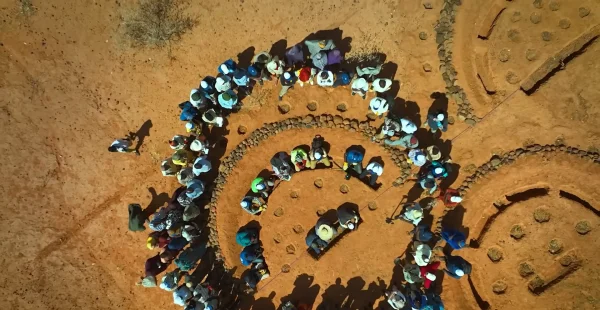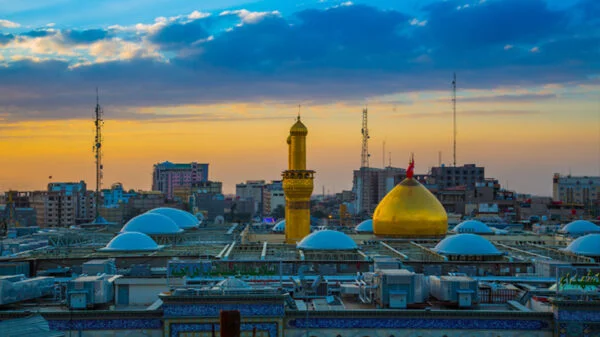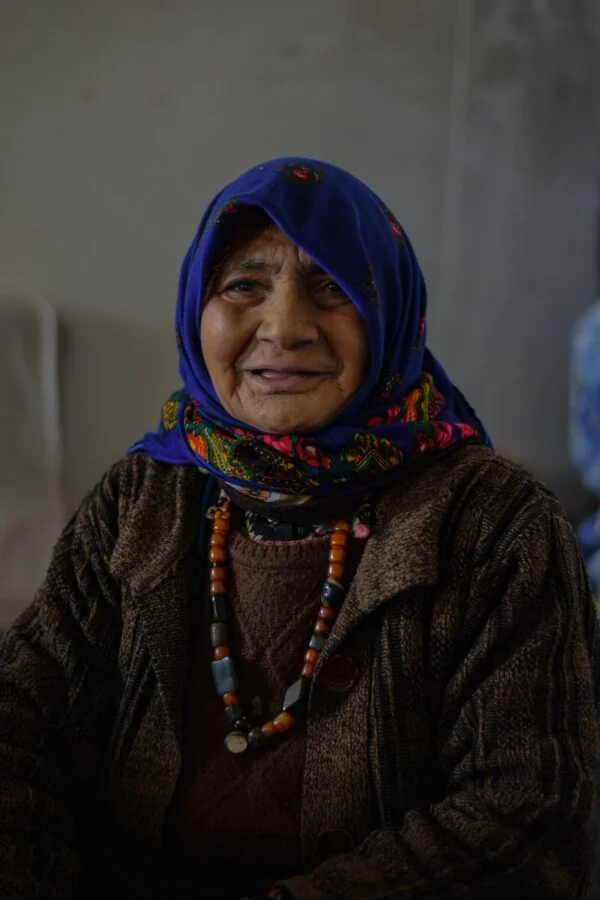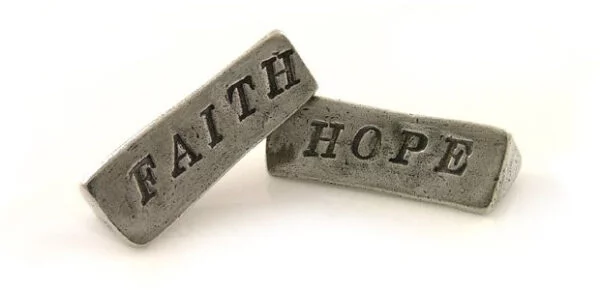Unveiling Generosity: The Islamic Tradition of Hibah
The Qur’an, a radiant guide for Muslims, emphasizes compassion and generosity. It reminds us that true fulfillment comes not just from acquiring wealth, but from sharing it with those in need. One beautiful expression of this principle is Hibah, a voluntary gift offered during one’s lifetime with no expectation of return.
The Wellspring of Generosity: Unveiling the Meaning of Hibah
The word “Hibah” stems from the Arabic term “Hiba,” which translates to “gift” or “offering.” It signifies a selfless act, extending oneself for the benefit of another. This concept isn’t merely a cultural custom; it’s a deeply woven Islamic practice encouraged throughout the Quran and the teachings of Prophet Muhammad (PBUH).
Quranic Verses: Unveiling the Power of Giving
While the Qur’an doesn’t directly use the word “Hiba” for gifts, it overflows with verses that inspire charitable giving in its many forms. In Surah Al-Baqarah (verse 177), Allah (SWT) reminds us:
“And those who give away what they love for kinship, orphans, the needy, the traveler, those who ask [for help], and for freeing slaves. And they establish prayer and give zakat.”
This verse beautifully captures the essence of Hibah. It highlights giving to loved ones, those less fortunate, and those struggling. It emphasizes that charity can encompass not just material possessions but acts of kindness and support.
Hadiths: Illuminating the Path of Generosity
Prophet Muhammad (PBUH) embodied the spirit of generosity throughout his life. He not only encouraged his followers to give but also actively participated in acts of Hibah himself. Here’s a powerful Hadith that exemplifies this:
“The best of wealth is that which is given away in charity.” (Sahih al-Bukhari)
This Hadith underscores the importance of Hibah. It emphasizes that true wealth lies not in hoarding possessions but in using them to benefit others and seeking Allah’s (SWT) pleasure.
Beyond Material Possessions: The Encompassing Nature of Hibah
Hibah is not restricted to material possessions. It can encompass a vast array of acts of kindness and support. You can offer your time, expertise, or simply a listening ear. A heartfelt visit to a lonely neighbor or volunteering at a local food bank can be powerful forms of Hibah.
The Power of Hibah: Leaving an Enduring Legacy
Giving through Hibah allows you to witness the impact of your generosity firsthand. It fosters a sense of connection, strengthens social bonds, and leaves an enduring legacy. It sets a powerful example for future generations, inspiring them to embrace the Islamic tradition of giving.
Our Invitation: Share the Light of Generosity
Our Islamic charity is dedicated to upholding the values of compassion and generosity. We invite you to explore the many ways you can share the light of generosity with others. Whether it’s through a financial contribution, volunteering your time, or simply spreading awareness about the importance of Hibah, every act of giving has the potential to make a significant difference. You can use the link to donate and participate in many of our kindness projects.
Together, let’s cultivate a spirit of giving that reflects the spirit of Islam and brings light to the lives of those in need.

